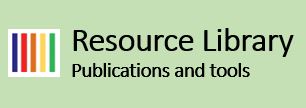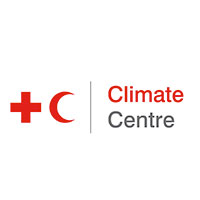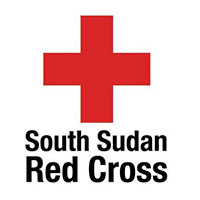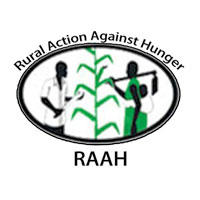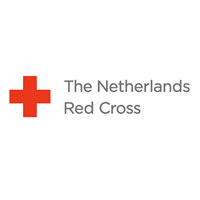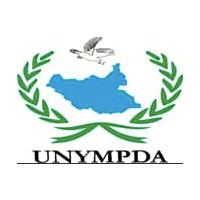South Sudan
Local context
South Sudan attained independence on 9th July 2011. Despite its wealth of natural resources, years of conflict and marginalisation have left South Sudan as one of the most underdeveloped countries in the world. The prolonged conflict has undermined traditional social structures and community coping mechanisms. Communities are also affected by recurrent hazards including floods and drought and associated risks. These risks exacerbate the already existing poverty levels. Approximately 51% of the population is living below the national poverty line and living on an equivalent of less than US$ 1 per day. In an attempt to end years of ruinous conflict, a transitional government was formed on February 2020 bringing six years of conflict to an end. Building on this, institutions and policies at national and state level need to be strengthened in order to adequately address disaster risk reduction, environmental degradation, regulation of investments, livelihood options and risk-informed development.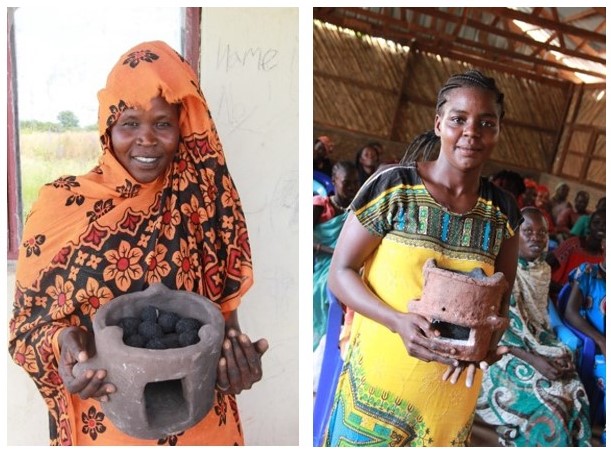
Environmental friendly cooking stoves. Photo: Cordaid
The programme: Dialogue and Dissent
The Partners for Resilience (PfR) programme in South Sudan started in 2016. PfR has been working towards influencing policies, practices and investments that are responsive to Integrated Risk Management (IRM). PfR supports capacity strengthening of civil society organisations to engage in dialogues with government officials and entities to achieve sustainable and inclusive growth.
Examples of the activities and achievements in South Sudan:
- Policy dialogues to lobby for the improvement of the National Wetlands Conservation and Management Strategy and the implementation of the National Disaster Risk Management Policy.
- Engagement with the Youth Policy (a national policy of the government guiding youth development across the country) and ensuring that youth plays an important role in disaster risk reduction.
- Engagement in the National Adaptation Programmes of Action (NAPA) to ensure the adaptation requirements of local communities are at the center of development and implementation of the NAPAs.
- Partners for Resilience supported the development of the new Disaster Risk Management National Strategy of South Sudan.
Recent Resources
No resources available for this country.
Programmes
- Dialogue and Dissent Strengthening the capacity of civil society to engage in dialogues with stakeholders for improved disaster risk reduction policies, practices, and investments.
Read more - Up-scaling Eco-DRR Increasing communities resilience and reducing disaster risks through ecosystem-based solutions.
Read more





